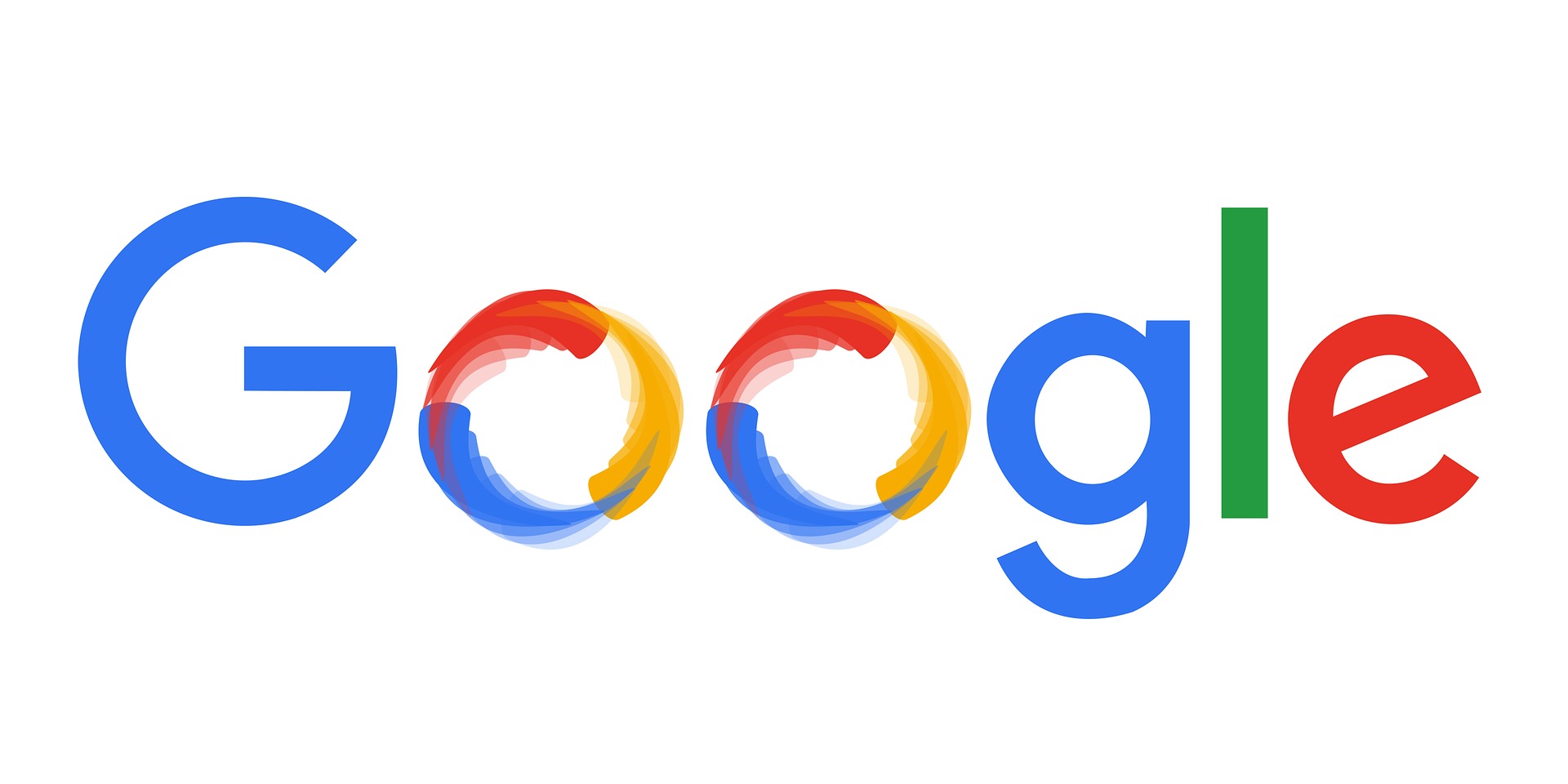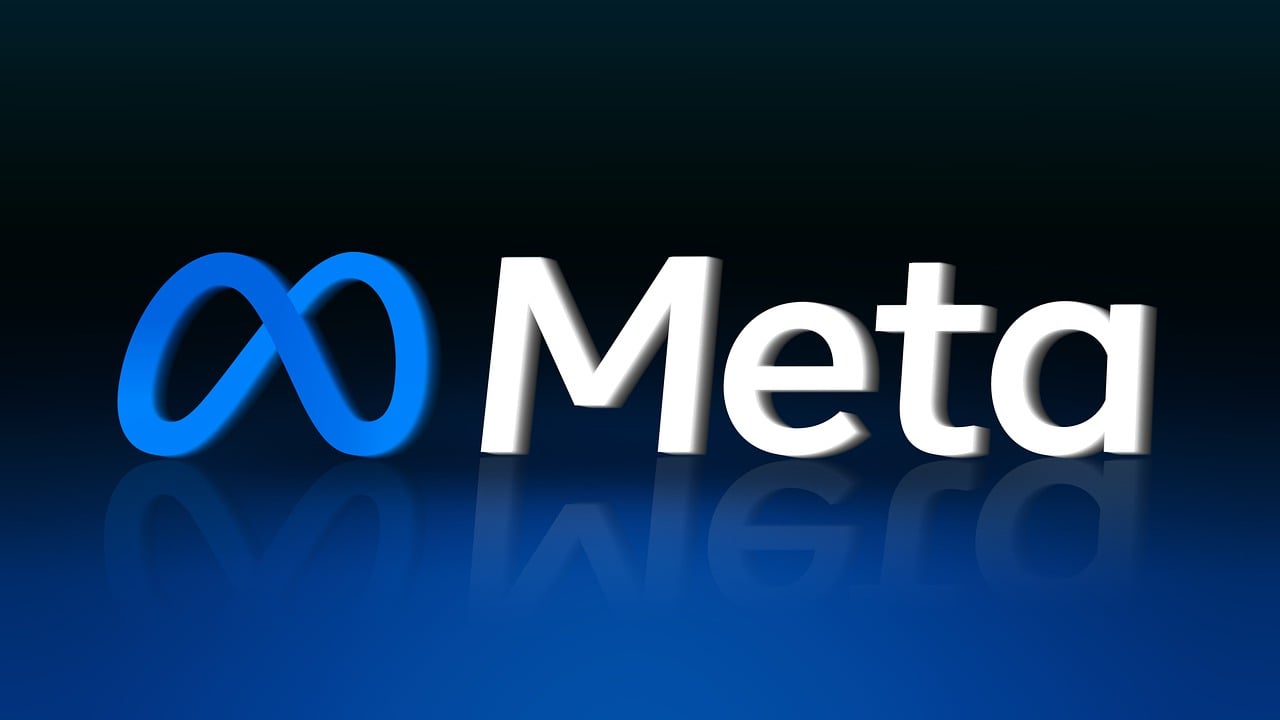
Search Disrupted: Google’s Leaked Documents Rock the SEO World
The world of search engine optimization (SEO) is buzzing with discussions after Google confirmed that around 2,500 leaked internal documents related to its Search feature are indeed authentic. The revelation has sparked significant concerns within the SEO community. The leaked documents were initially reported by SEO experts Rand Fishkin and Mike King, igniting widespread analysis and discourse.
In response to the leaks, Google acknowledged the authenticity of the documents in a statement to The Verge. However, the tech giant cautioned against drawing inaccurate conclusions based on the information provided. Google emphasized that the leaked materials might be outdated, incomplete, or taken out of context.
The company stated, “We consistently share extensive information about how our Search function works, including the factors the system weighs and our efforts to protect the integrity of search results from manipulation.”
Despite Google’s assurances, the leaked materials have allegedly suggested that the company collects and potentially uses data previously claimed to have no influence on the ranking of webpages in Google Search. This disclosure has raised concerns within the SEO industry, prompting professionals to reconsider their strategies in light of the new information.
According to Rand Fishkin, the leaked documents provide a detailed breakdown of Google’s search API and outline the types of information available to Google employees. This rare glimpse into the company’s internal operations offers valuable insights into its search ranking processes, a topic that has long been a subject of intense scrutiny and speculation among SEO experts.
Mike King, another expert who analyzed the leaked documents, asserted that Google’s public representatives have not been entirely forthcoming about the factors influencing search rankings. In his overview, King wrote, “Lied’ is a harsh word, but it’s the only accurate word to use here.”
King expressed concern over Google’s efforts to discredit individuals in the marketing, journalism, and tech fields who have presented reproducible findings about the tech giant’s search algorithms. While acknowledging the need to protect proprietary information, King criticized Google’s approach to managing public perception.
The confirmation of the leaked documents’ authenticity is likely to lead to further scrutiny of Google’s search practices and prompt calls for greater transparency. For the SEO industry, these revelations underscore the ongoing challenge of navigating an ever-evolving landscape shaped by one of the world’s most influential tech companies.
As the discussions continue, SEO professionals and industry observers eagerly await further developments and insights into Google’s search algorithms and ranking factors.









